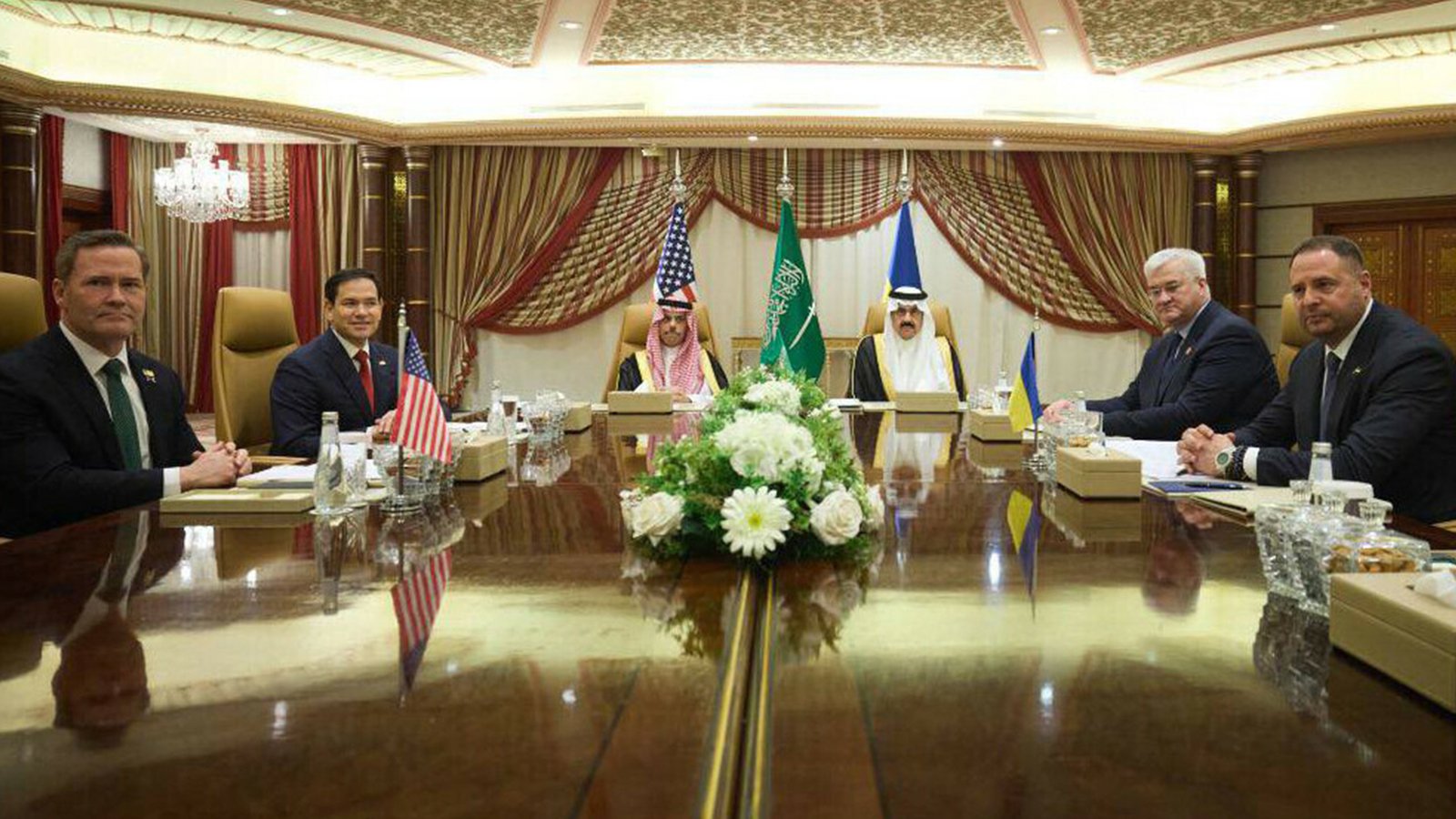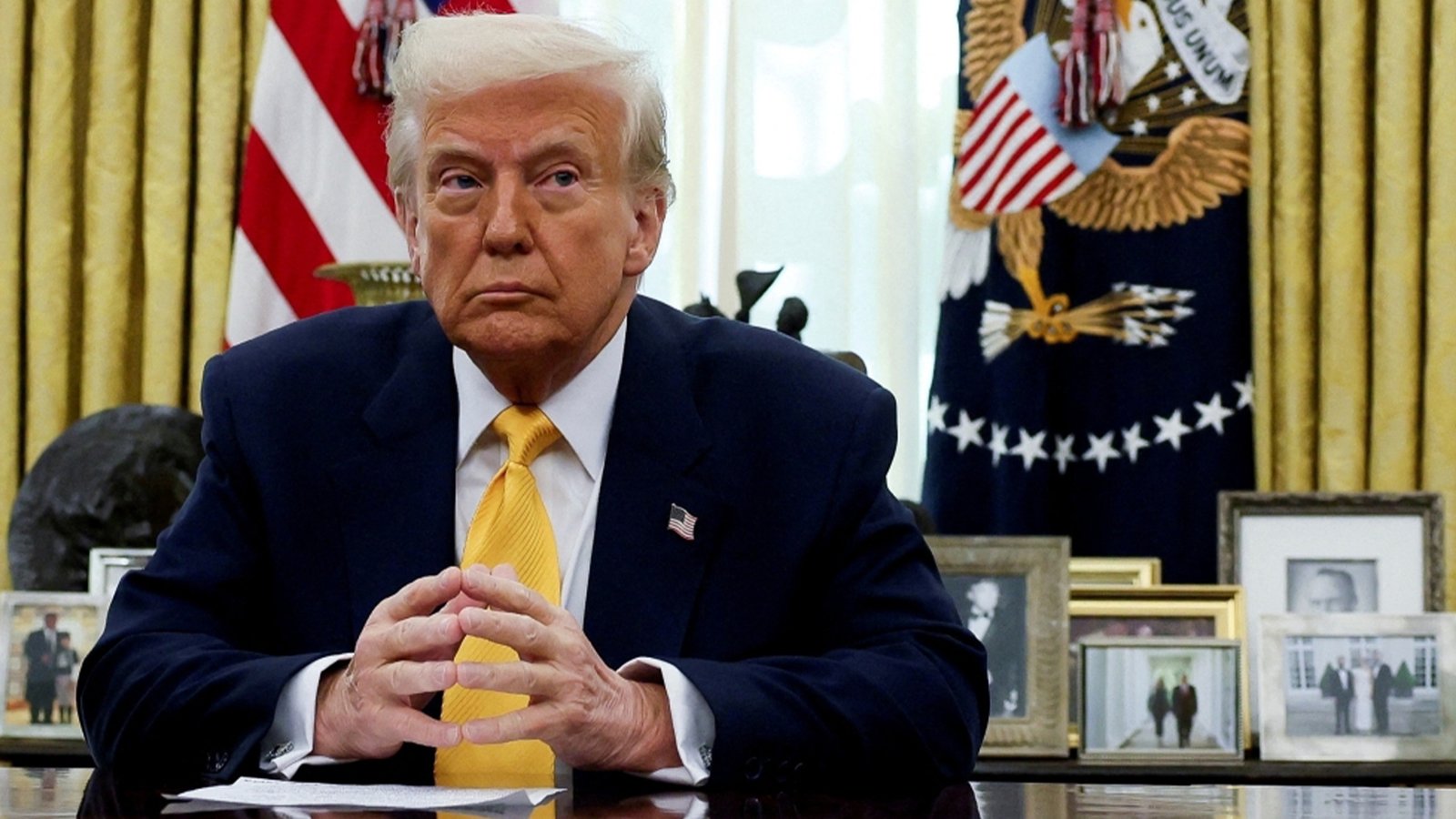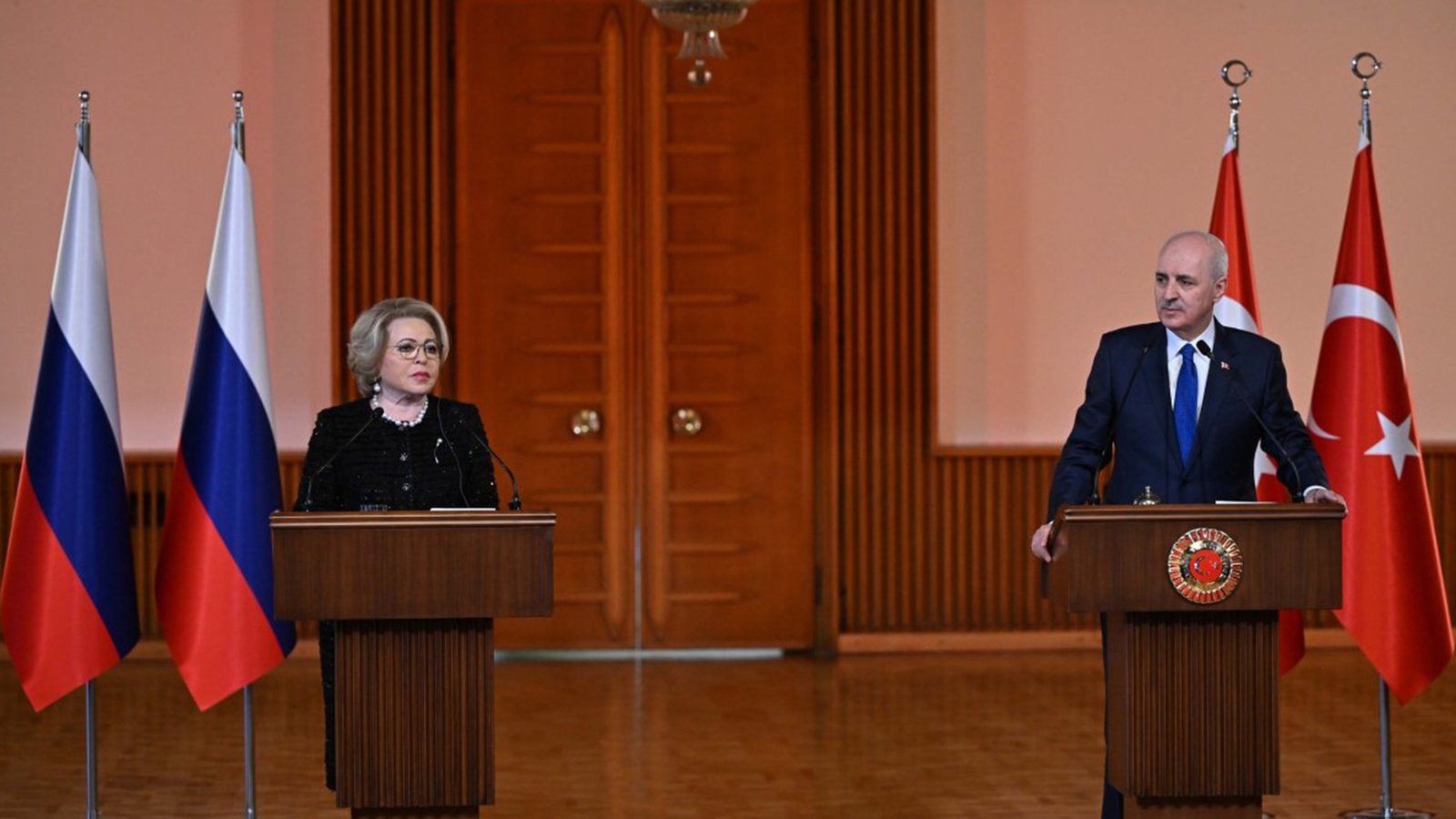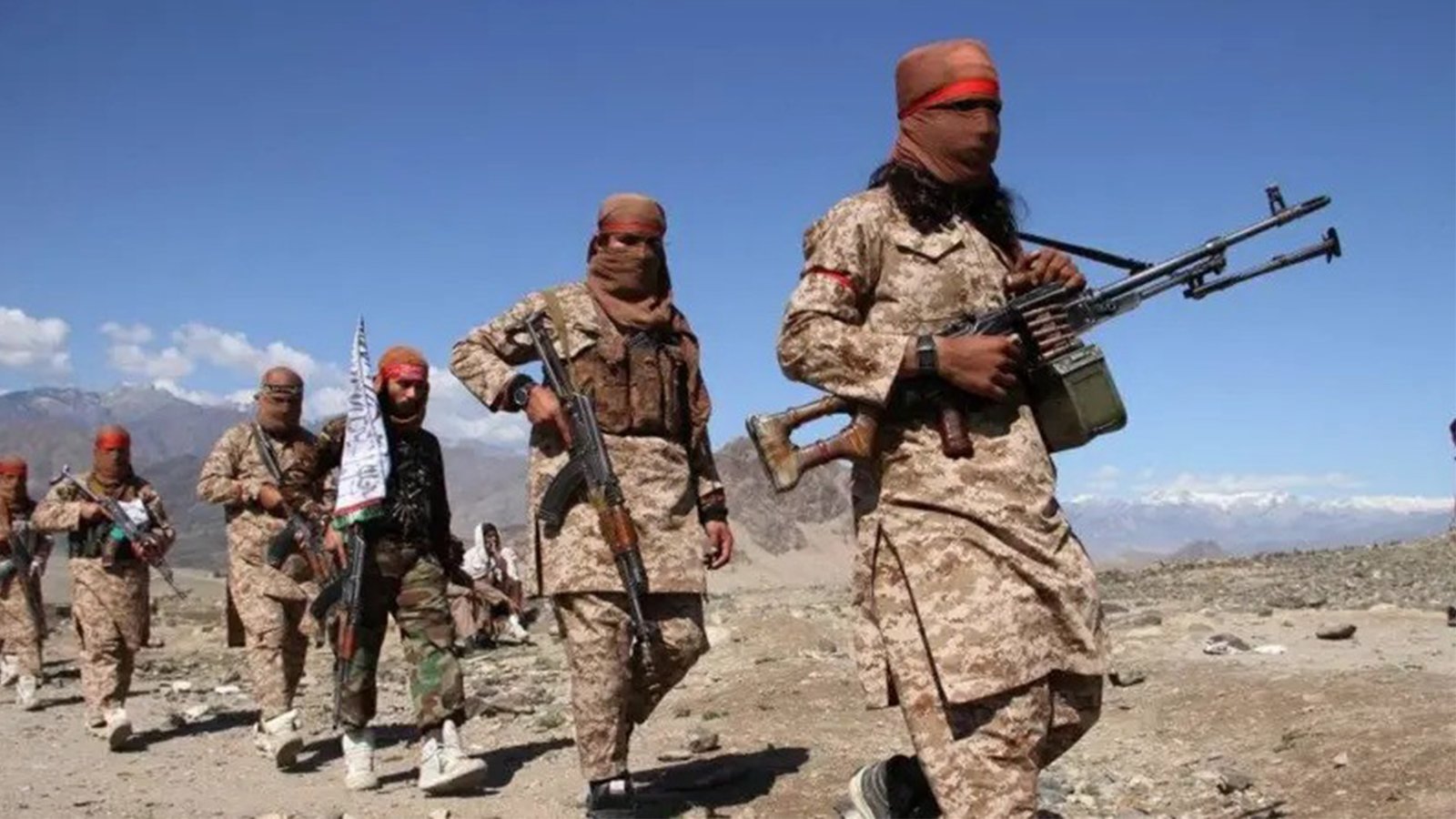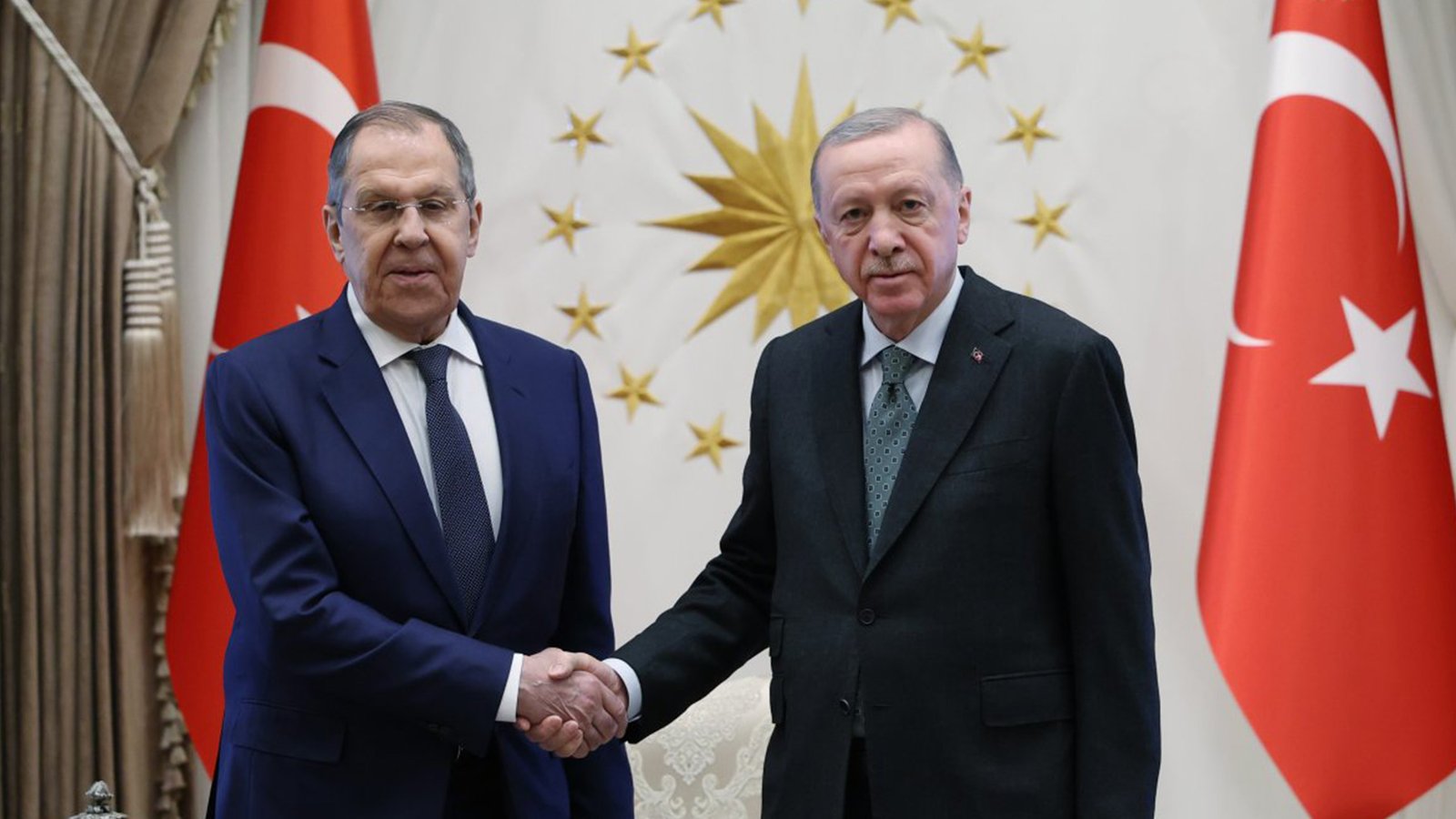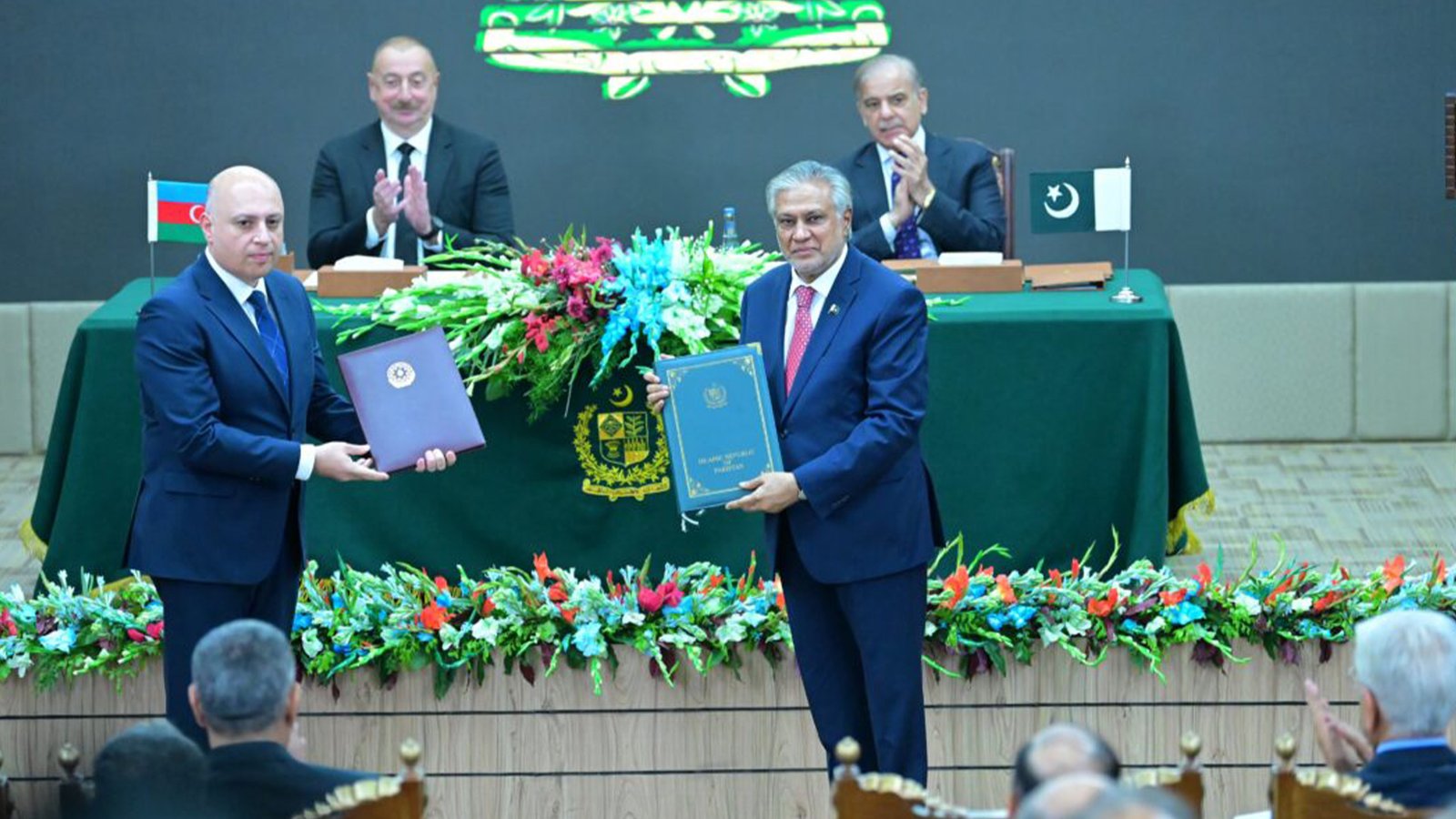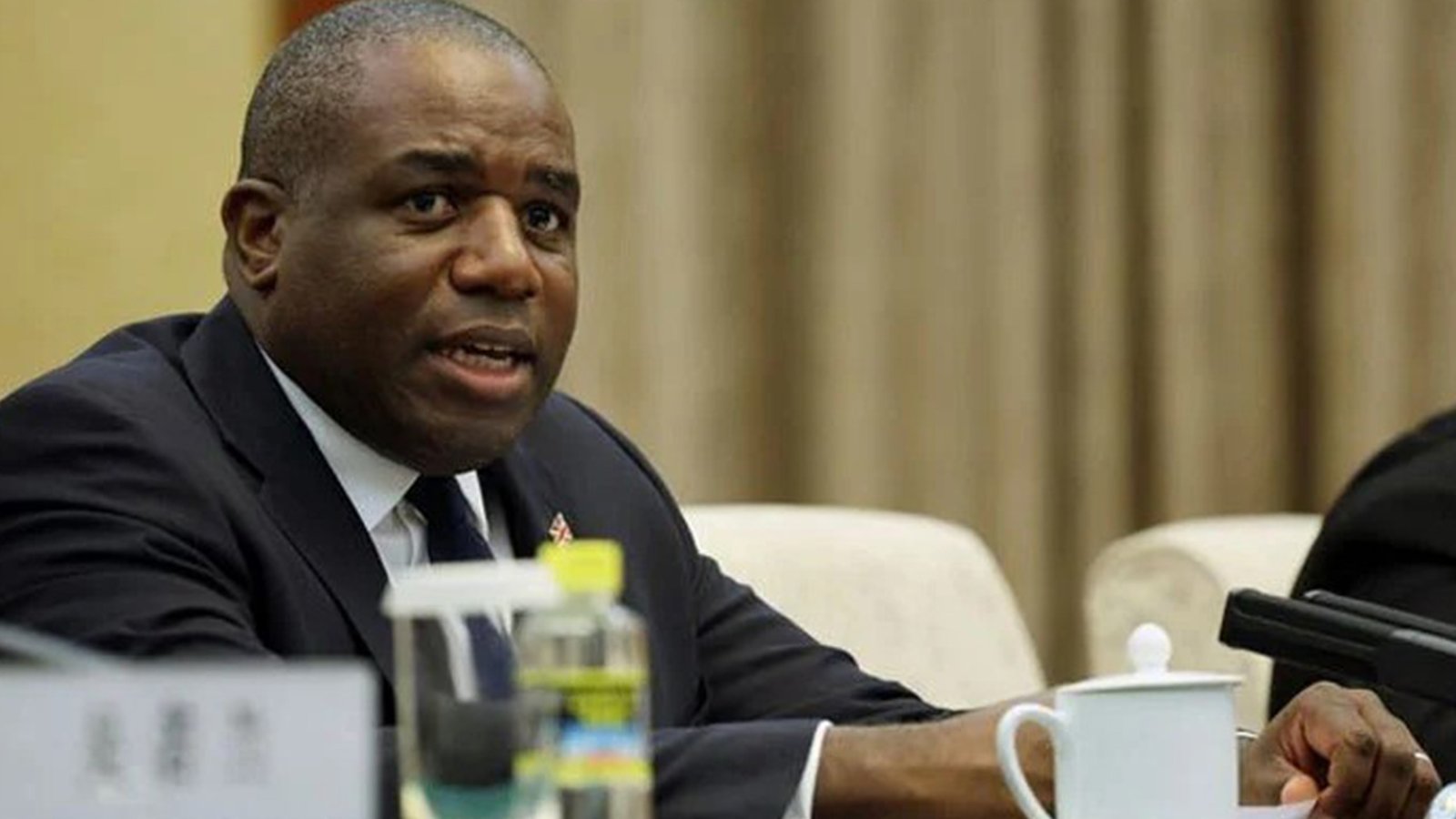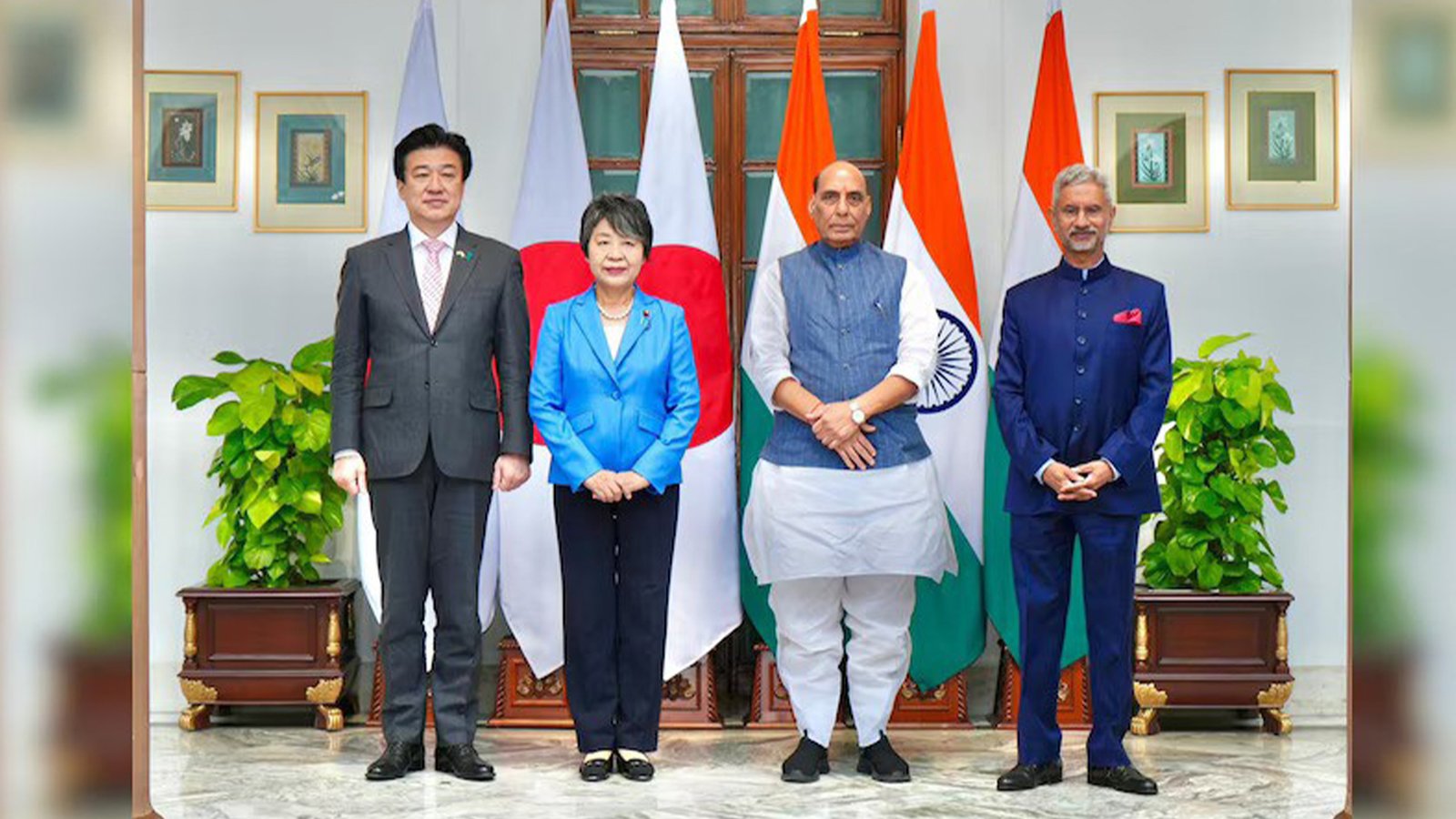Japan’s Potential Shift Towards China or Russia Securing India
In this series, we explore key geopolitical scenarios and their impact on the world and Pakistan’s future. Beginning with Donald Trump’s return and his policy to isolate China, we analyze shifting alliances, conflicts, and economic changes. In the next scenario, we will explore the unlikely but transformative possibility of Japan aligning with China in a shift that could reshape global power dynamics. While improbable given current alliances, history has shown that dramatic geopolitical shifts often defy expectations.
Alternatively, if Russia successfully pursues alliances with Japan or India, the global equation would change significantly, impacting regional security, economic systems, and the balance of power. We will examine how such developments could alter alliances, influence conflicts, and create new challenges and opportunities for Pakistan in navigating this evolving landscape.
A scenario where Japan aligns with China or Russia successfully draws Japan or India into its orbit would represent a dramatic reordering of global power dynamics. While such shifts may seem improbable today, history offers numerous examples of unlikely alliances reshaping the world. The resulting bloc would profoundly impact the balance of power in Asia and beyond, challenging the dominance of the US-led Western order. This scenario explores the strategic motivations, possible pathways, and global ramifications of such alignments.
Japan aligning with China would signify a radical departure from its post-World War II alignment with the United States. This move might stem from increasing US-China tensions, where Japan views neutrality or cooperation with China as more beneficial for long-term stability in East Asia.
Economically, Japan could see advantages in aligning with the Belt and Road Initiative (BRI), leveraging China’s massive infrastructure investments and economic growth. Politically, such a partnership would address shared concerns about US unpredictability and declining global influence. However, significant historical grievances and security concerns regarding China’s assertive policies make this alignment extremely challenging.
On the other hand, Russia’s efforts to draw Japan into its fold could focus on resolving long-standing territorial disputes over the Kuril Islands while offering energy security through Siberian oil and gas pipelines. If successful, such an alliance would weaken the US position in the Indo-Pacific, disrupt QUAD dynamics, and create a new strategic bloc capable of challenging NATO’s influence. Similarly, if Russia secures a closer partnership with India, leveraging their historical ties and shared concerns over US hegemony, it could destabilize the US-India strategic relationship and diminish Washington’s foothold in South Asia.
Globally, these shifts would fracture existing alliances and encourage a multipolar order. The US would face significant strategic challenges, having to counter an expanded Sino-Russian bloc that includes major powers like Japan or India. In the Middle East, a weakened US focus could embolden nations like Iran and Turkey to pursue more aggressive regional strategies, further complicating the global equation. The EU, already grappling with internal divisions, would have to reconsider its defense strategies as the global power balance tilts eastward.
For Pakistan, such a scenario would offer both opportunities and risks. An expanded Sino-Russian bloc including Japan or India could provide Pakistan with enhanced economic and strategic backing, especially through projects like CPEC and other BRI initiatives. However, if India strengthens its ties with Russia or Japan, Pakistan’s strategic calculus would shift dramatically, requiring stronger alignments with China and potentially isolating Islamabad in South Asia. Domestically, Pakistan would need to address the economic and security implications of this shifting order, including potential fallout from a more powerful India or reduced US influence in the region.
Also read this: Scenario 1: Trump’s Comeback and Revamped China Strategy
This scenario highlights the unpredictability of global alliances and their cascading impacts on regional and global stability. Pakistan’s ability to adapt, diversify its alliances, and assert its role as a regional mediator will be critical in navigating such transformations while safeguarding its national interests.
In the next scenario, we will explore the highly unlikely yet transformative possibility of Pakistan and India resolving the Kashmir dispute and fostering a cooperative relationship. Such a development would mark a historic shift in South Asian geopolitics, setting the stage for peace and prosperity in the region.
While improbable due to long-standing hostilities, this scenario envisions a future where both nations overcome their differences, leading to profound implications for regional stability, global power dynamics, and Pakistan’s role as a bridge between South and Central Asia. We will examine how this new relationship would impact the world, China, the US, and Central Asia.


